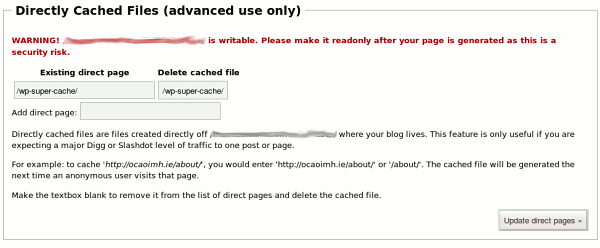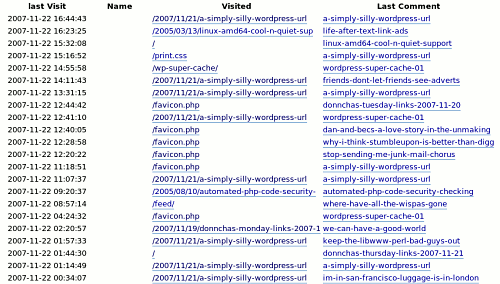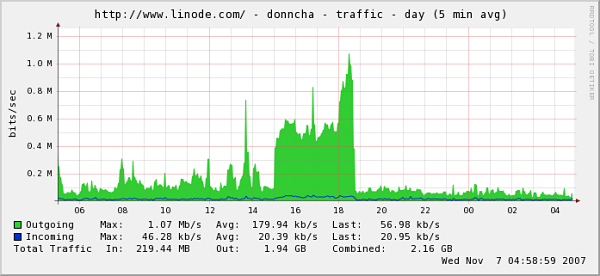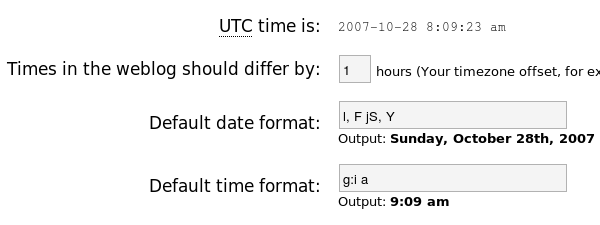Version 0.5.1 of WP Super Cache is now available! This release of the plugin will be especially useful for Digg and Slashdot users who experience really huge traffic spikes.
This post has been dugg! Add your Digg here! I doubt it’ll get anywhere near the front page at this stage as it’s only collected 3 diggs in 7 hours. Once it hits 24 hours it disappears forever.

After submitting a site to Digg, some people do the following to get every last ounce of performance out of their WordPress blog, especially on an underpowered server:
- Clear the cookies from their browser so the comment form won’t be filled in. (or use a second browser).
- Visit the page they submitted to Digg and save it to their desktop.
- Open an ftp programme, and recreate the path to the page. Then upload the saved file as “index.html” to that directory.
- Finally, after the Digg subsides 24 hours later, remember to remove the directory structure and index.html.
The new version of WP Super Cache automates all the above. You do have to make your blog’s root directory writable by the webserver, but you’re warned continually that this is a major security risk and reminded to make it read-only again.
Download it here: wp-super-cache.0.5.1.zip
How does it perform versus the regular static files the plugin creates? In most situations you won’t notice any difference, but when there are tens of thousands of requests hitting your server for one particular page, I find that Apache has trouble keeping up.
In other developments, I added checks for PHP safe_mode. Unfortunately safe_mode stops WP Super Cache working properly. I’m glad to see Mark applied my patch for Subscribe to Comments! No more stray emails if you use the moderation queue to approve comments from many posts!







